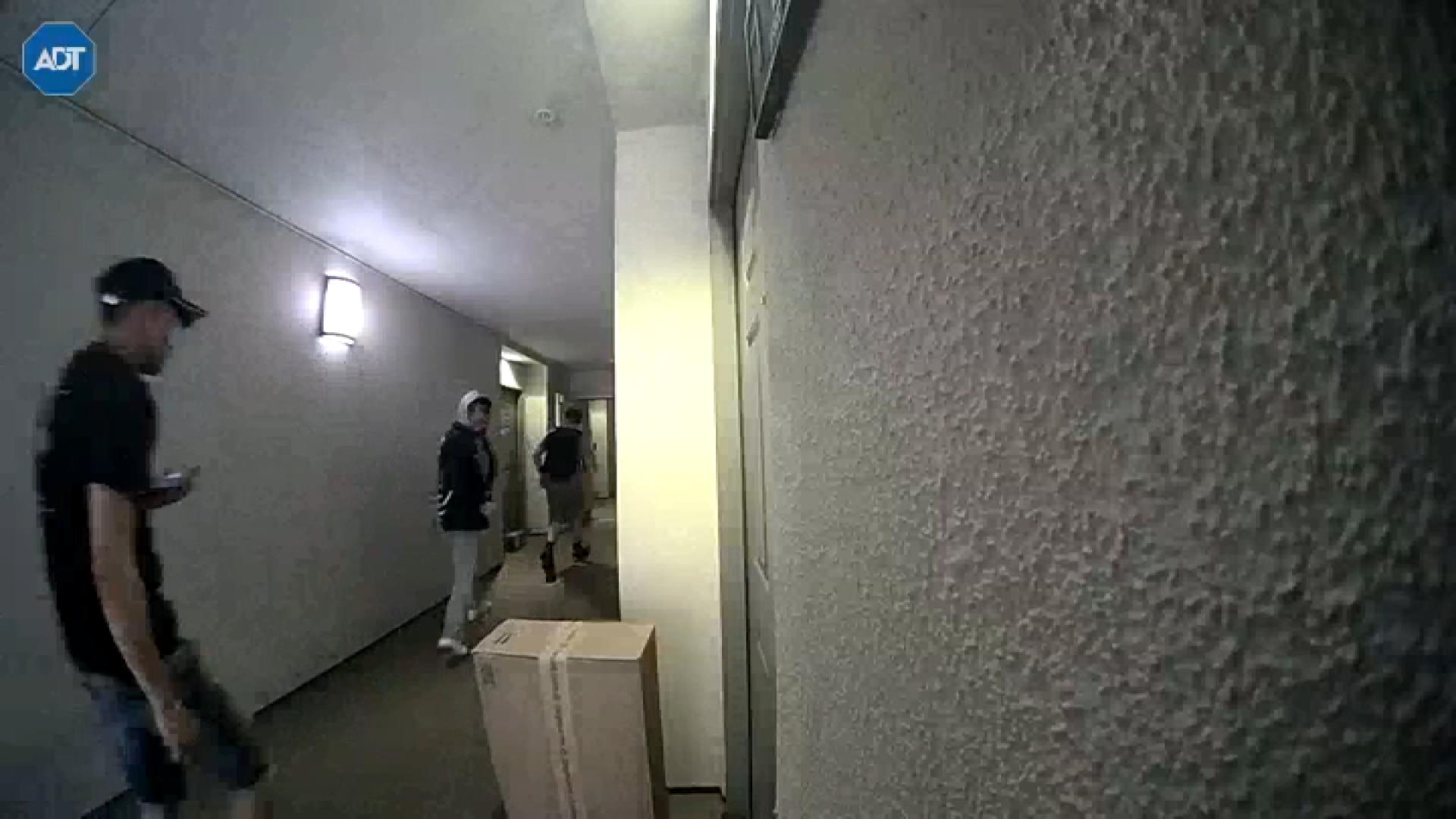Legionnaires' disease bacteria that killed one inmate and sickened another is more widespread than expected in a California state prison, officials said Wednesday, citing new test results.
Preliminary results found the bacteria in the water supply at a prison medical facility in Stockton and at two neighboring youth correctional facilities, Corrections Department spokeswoman Vicky Waters said.
Officials had thought it was isolated to one housing unit where the two inmates lived. They restricted water use throughout the medical facility and neighboring juvenile facility, bringing in bottled water. But they put special filters only on showers in the housing unit where the inmates had been housed in the California Health Care Facility, which treats about 2,670 inmates needing medical or mental health care.
The neighboring O.H. Close Youth Correctional Facility houses about 150 youths and N.A. Chaderjian Youth Correctional Facility about 260 youths.
No subsequent illnesses were reported and the source hasn't been found. But officials now are adding the shower filters in other areas and warning against using unfiltered water throughout the three facilities.
"We are responding to preliminary findings and recommendations," Waters said in an email. "We are still awaiting the final findings and working on a remediation plan."
That includes deciding how they will clean out the bacteria from the facilities' water system and how much it might cost, she said.
News
Top news of the day
The bacteria weren't detected in the Stockton city water supply, though the city supplies water to the state facilities.
An inmate who died last month had Legionnaires' disease, which is considered a severe form of pneumonia. A second inmate tested positive for the bacteria but is in good condition.
Legionella bacteria grow in water and spread through water vapor. They can cause a mild infection known as Pontiac fever or the more serious infection known as Legionnaires' disease, according to the federal Centers for Disease Control and Prevention. The disease occurs when contaminated water is inhaled into the lungs. It is considered particularly dangerous for older people and those with underlying health issues.
Officials tested 28 inmates who suffered from pneumonia in February or March, but only the two inmates tested positive, officials said. Tests are pending on a more recent inmate with pneumonia.
No inmates died but nearly 80 were sickened during a 2015 outbreak at San Quentin State Prison, 80 miles to the west. That temporarily forced the state's oldest prison to cancel visits, hot meals and showers and ship in water and portable toilets.



